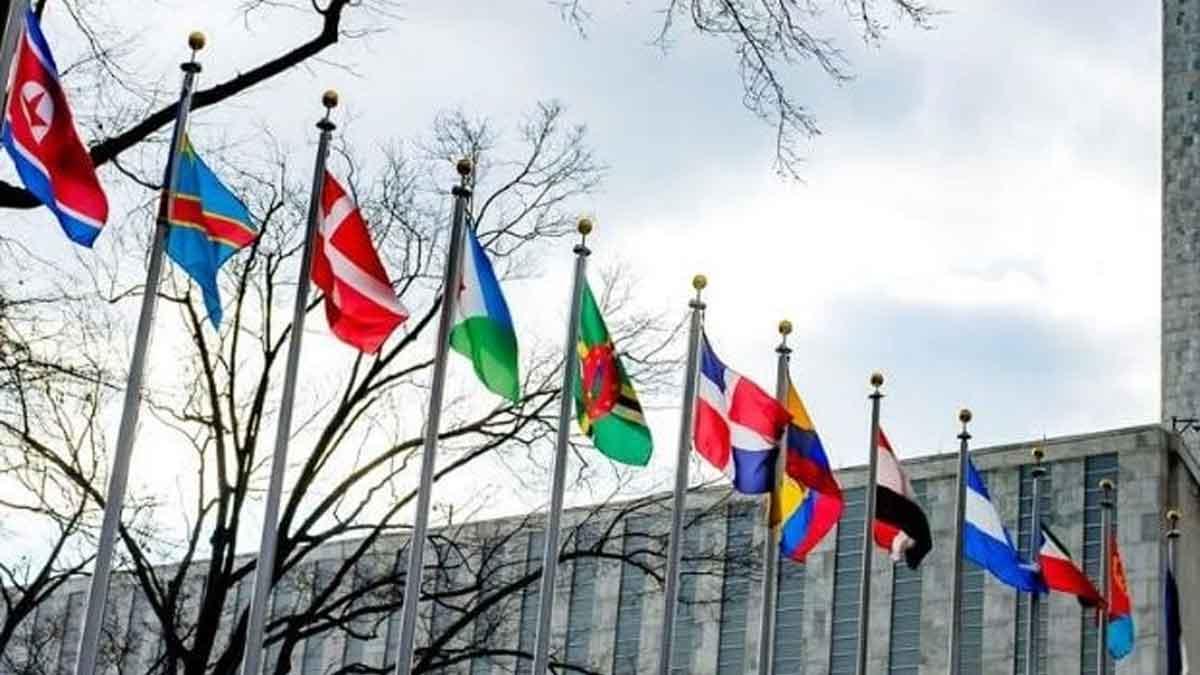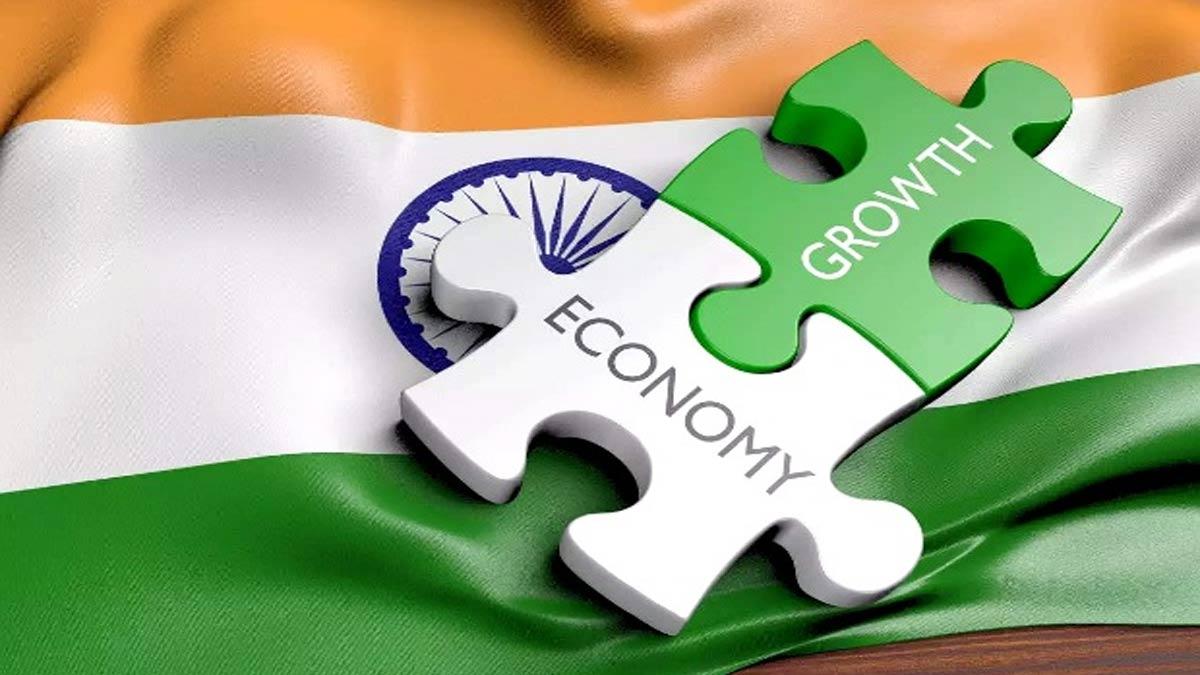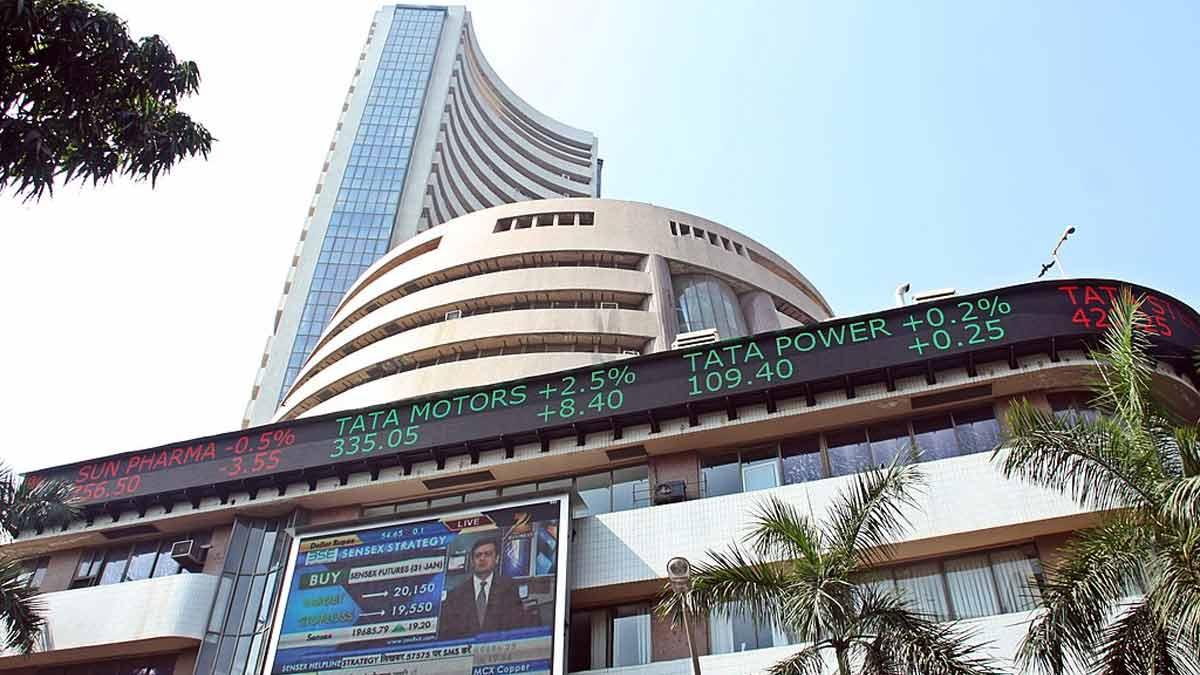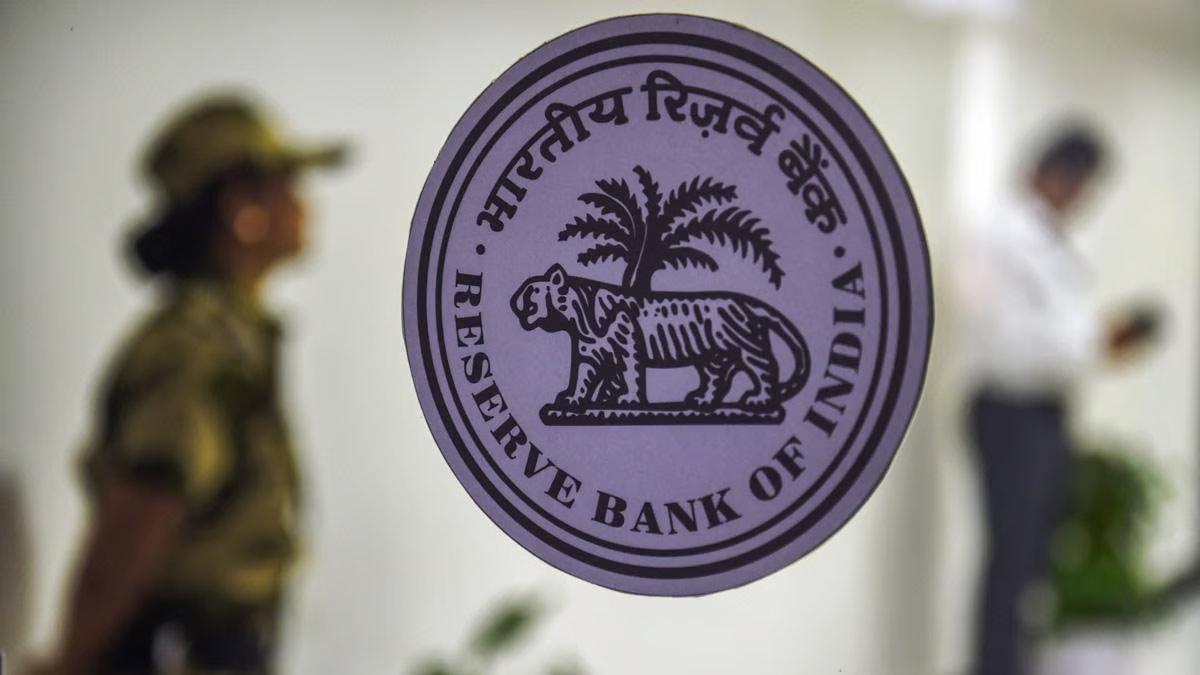India continues to emerge as a significant destination for foreign investments, drawing attention from multinational corporations seeking to diversify their supply chains. This recognition underscores India's potential as an alternative manufacturing hub amidst the backdrop of developed economies' strategies to diversify their supply chains, as highlighted in the Financing for Sustainable Development 2024 Report.
The report, unveiled recently, emphasizes India's attractiveness for investment, particularly in comparison to many other countries in the South Asian region. While it acknowledges India's role as an alternative manufacturing base, it refrains from explicitly mentioning China, although geopolitical factors have undoubtedly influenced this development.
In contrast to the robust investment environment in India and select other nations, the report paints a grim picture of the developing world at large, characterized by overwhelming debt burdens and exorbitant borrowing costs. These challenges impede the ability of developing countries to address the multitude of crises they confront.
Deputy Secretary-General Amina J. Mohammed stressed the urgency of the situation, noting that mere rhetoric is insufficient to meet the Sustainable Development Goals set for 2030. She highlighted the pressing need for tangible action, emphasizing that without adequate financing, these goals will remain unattainable.
Mohammed also addressed the inadequacy of existing global financial institutions, urging comprehensive reforms to align with contemporary challenges. Additionally, the report highlighted the New Development Bank's initiative to issue a significant portion of its loans in national currencies, including Indian rupee-denominated bonds, between 2022 and 2026.
Furthermore, the report underscored the critical importance of mobilizing substantial financing to bridge the development financing gap, now exacerbated by the Covid-19 pandemic. It cautioned against rising geopolitical tensions, climate-related disasters, and the global cost-of-living crisis, which collectively hamper progress on various development fronts, including healthcare and education.
Read also | VilCart Hits Milestone: Surpasses Rs 100 Crore Revenue in March
Read also | Harsh Neotia Summoned for Questioning at ED's Kolkata Office: Keeps Mum on Reasons


















